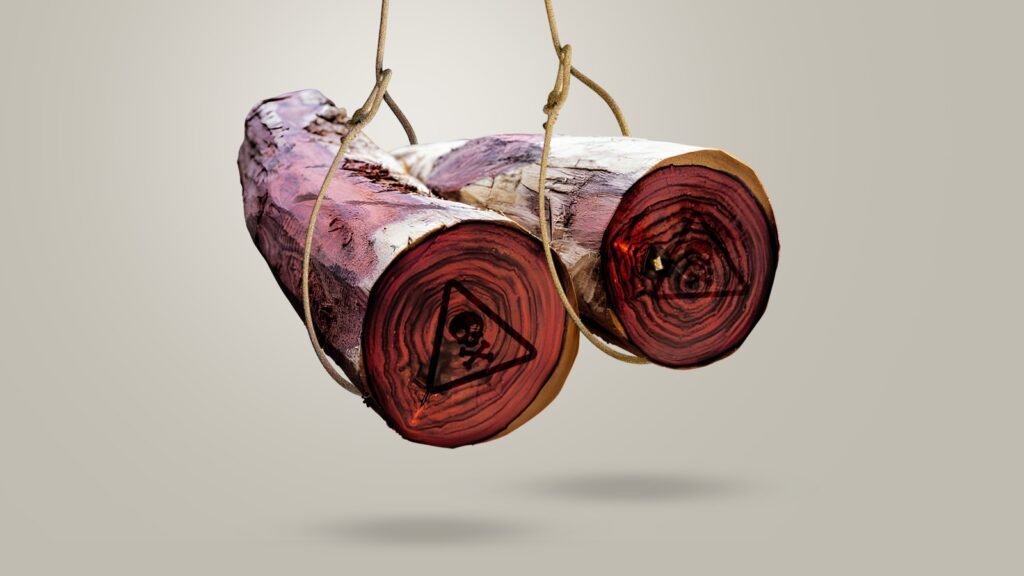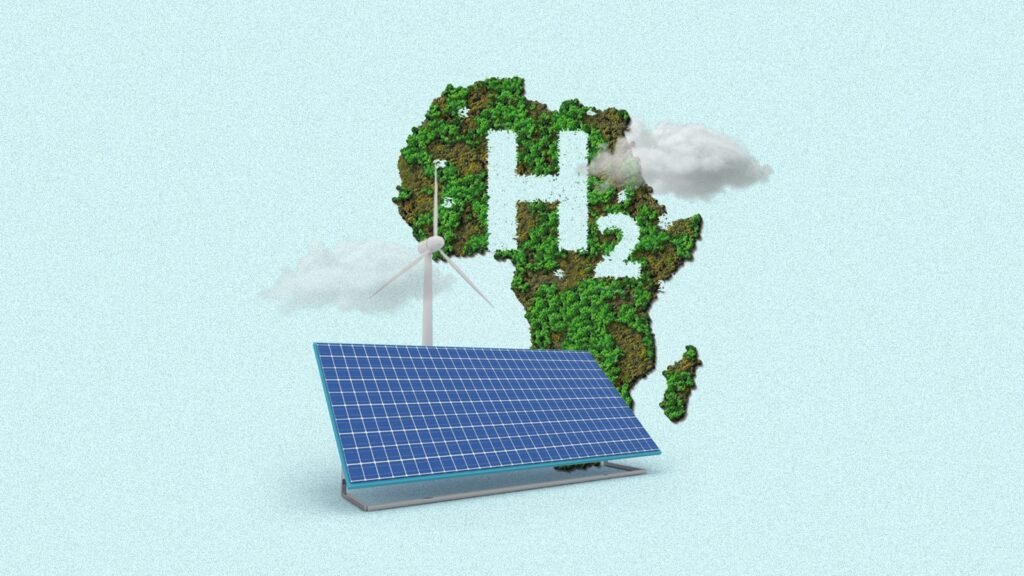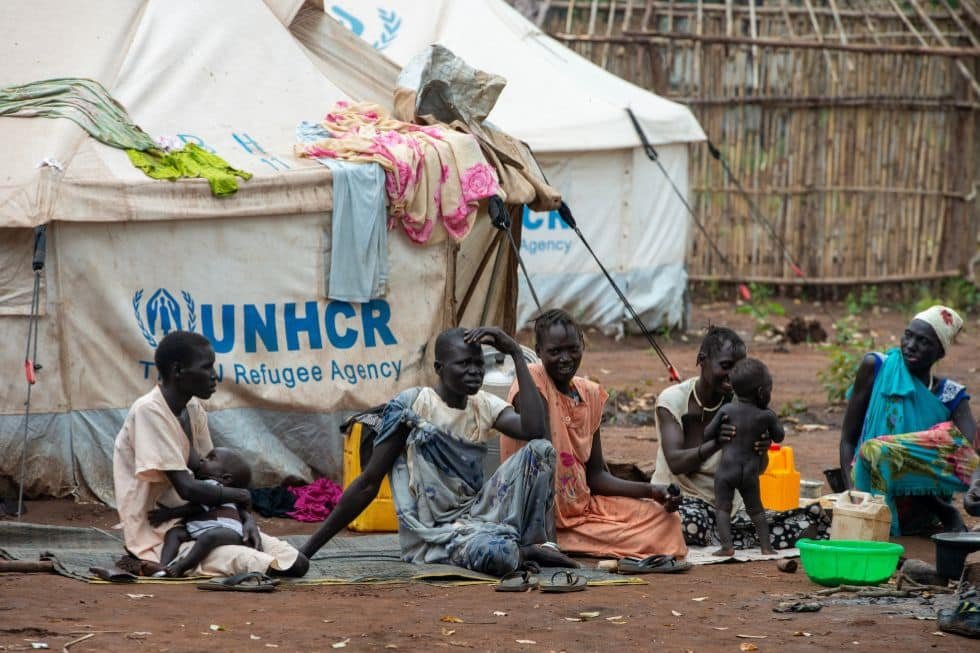In Tunisia’s northwestern highlands, women have long relied on harvesting wild herbs, like rosemary and eucalyptus, as a primary source of livelihood. However, over the past few years, the combination of droughts, rising temperatures, and resource depletion has made it increasingly difficult for these women to sustain their work. Despite the challenges, these women have little choice but to continue searching for the plants, as few alternative economic opportunities exist in the country, which is grappling with unemployment, inflation, and high living costs.
Mabrouka Athimni, head of a local collective of herb harvesters named Al Baraka, recalls how the situation has worsened. “We’re earning half, sometimes just a third, of what we used to,” she said, reflecting on the stark contrast between the past and present conditions. Women, who make up around 70% of Tunisia’s agricultural workforce, have always been the main breadwinners for their households in the village of Tbainia. However, the rise in climate-related challenges is threatening their ability to continue providing for their families.
Tunisia is currently in its sixth consecutive year of drought, with temperatures in some areas exceeding 50°C during the summer. These extreme conditions have left the country’s water reserves critically low, with dams now only at 20% of their capacity. As a result, the women who depend on the mountain’s plants for essential oils are seeing a significant reduction in the yield of these precious herbs. “The mountain springs are drying up, and without snow or rain to replenish them, the herbs yield less oil,” explained Mabrouka. What once provided a reliable source of income is now dwindling.
In recent years, the women of Tbainia have struggled to collect enough herbs to meet demand. Mongia Soudani, a 58-year-old harvester, says that her family’s income now depends entirely on this work. “We used to gather three or four large sacks of herbs per harvest,” she recalled. “Now, we’re lucky to fill just one.” To make matters worse, wildfires, fueled by the ongoing drought and soaring temperatures, have ravaged the region’s woodlands. In the summer of the previous year alone, fires destroyed around 1,120 hectares of forest near Tbainia, further depleting the local natural resources that the women rely on.
To adapt to these climate-induced challenges, some women in the region, including members of Athimni’scollective, have received training from international organizations such as the Food and Agriculture Organization (FAO) to help preserve the dwindling forest resources. Despite these efforts, Mabrouka and her colleagues continue to face severe difficulties. “I can’t fulfill my clients’ orders anymore because the harvest has been insufficient,” she lamented, noting that the collective has lost several customers as a result of the reduced supply.
The situation has become unsustainable for many of the women in the sector. According to a recent study by the Tunisian Forum for Economic and Social Rights (FTDES), climate change has severely impacted local communities, particularly women, making their work increasingly difficult and physically demanding. While Tunisia has ratified key international environmental agreements, such as the 2015 Paris Climate Accord, the FTDES study highlighted that the implementation of these agreements remains incomplete. Environmental justice researcher Ines Labiadh, who oversaw the study, noted that many women working in the sector will have no choice but to diversify their livelihoods as dependence on natural resources becomes untenable.
Bachra Ben Salah, one of the harvesters in the field, summed up the situation with resignation. “There’s nothing we can do but wait for God’s mercy,” she said, capturing the sense of helplessness and uncertainty that has overtaken the lives of these women as they face a future increasingly shaped by climate change.




